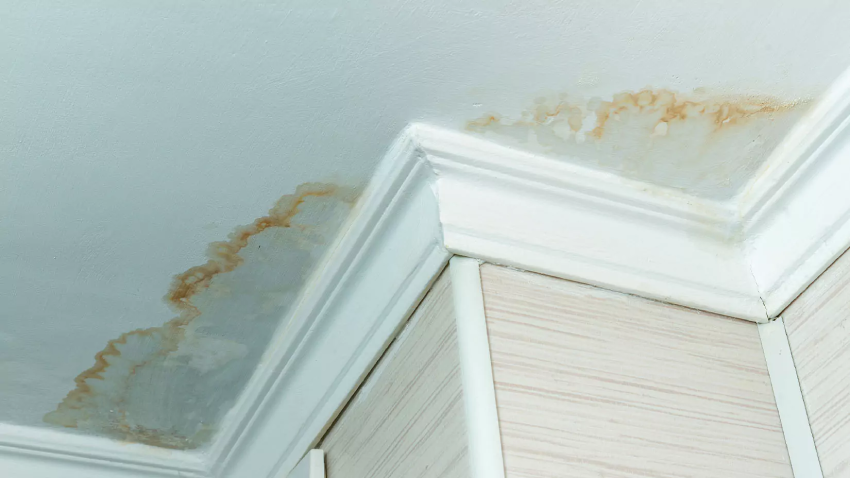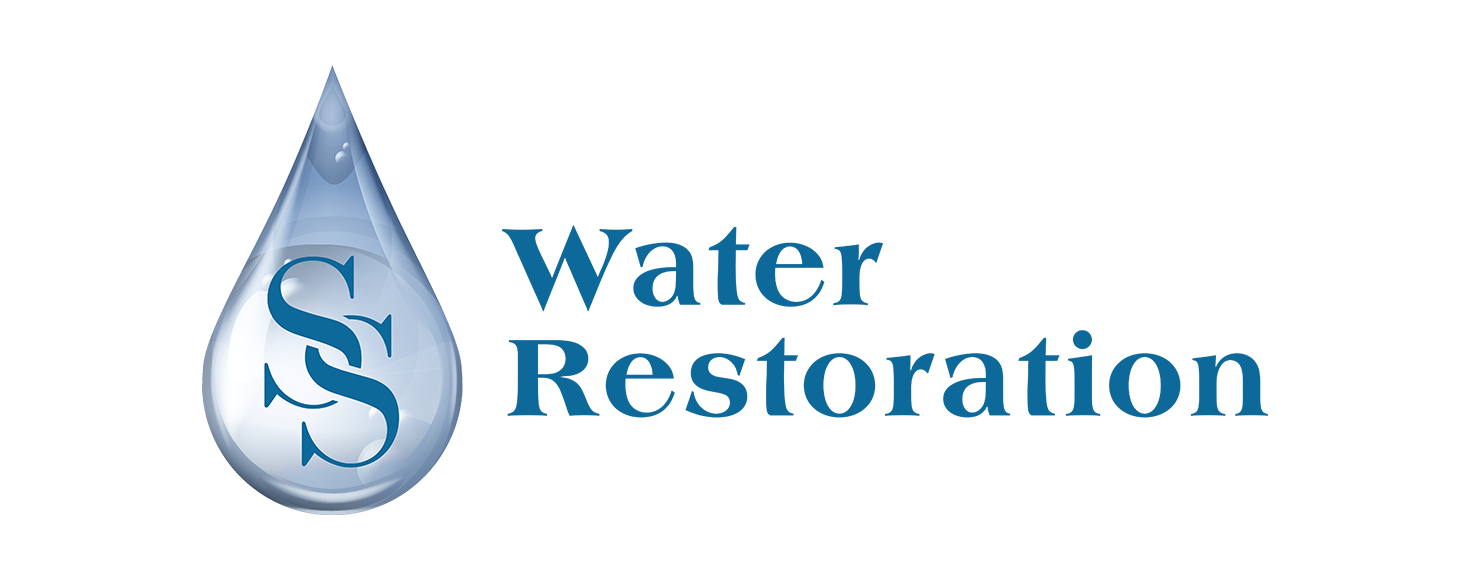Emergency Water Damage Restoration to Restore Your Property Quickly
Emergency Water Damage Restoration to Restore Your Property Quickly
Blog Article
The Refine of Water Damages Cleaning: Ensuring Your Home Is Brought Back Effectively
Water damage can be a challenging challenge for home owners, demanding a organized and precise cleanup procedure to restore safety and security and performance. damage restoration services. Following this, effective water removal techniques play a crucial function in mitigating additional harm.
Analyzing the Damage
Upon uncovering water damage, the very first step is to extensively analyze the degree of the influence. This initial analysis is important, as it aids identify the necessary actions for reliable clean-up and reconstruction. Begin by examining the influenced areas, consisting of walls, ceilings, floors, and individual possessions, to determine the source of the water invasion, whether from flooding, leakages, or condensation.
Documenting the damage is crucial for both insurance coverage cases and planning remediation initiatives - damage restoration services. Usage photographs and composed notes to record the seriousness of the damages, keeping in mind any afflicted architectural components and materials. Pay special interest to locations that might not be right away noticeable, such as behind wall surfaces and under carpetings, as hidden moisture can result in additional difficulties, consisting of mold growth
Additionally, analyze the timeline of the water exposure. The longer the materials stay wet, the higher the possibility for damages. Recognizing the period of exposure will inform the urgency of remediation efforts. Eventually, a detailed analysis lays the foundation for an effective water damages cleaning procedure, ensuring that all affected areas are addressed effectively and thoroughly.
Water Extraction Strategies

Specialists commonly utilize submersible pumps for bigger volumes of water, which can quickly alleviate flooding in cellars or other influenced locations. For smaller amounts, wet/dry vacuum cleaners are typically made use of to extract recurring moisture from carpetings and difficult surface areas. Furthermore, using mobile extractors permits targeted elimination in confined areas or locations with delicate products.
In instances of infected water, such as sewage or floodwater, progressed extraction strategies may entail making use of biohazard tools to guarantee safety and conformity with health guidelines. High-powered extraction tools are critical in reducing water retention in architectural products, which can lead to mold and mildew development and structural wear and tear otherwise attended to immediately.
Ultimately, the efficiency of water extraction strategies plays a pivotal function in the total success of the water damage cleaning process, preparing for subsequent remediation efforts.
Drying and Dehumidification
When standing water has been successfully removed, the following critical phase in the water damages clean-up procedure is drying and dehumidification. This step is important to protect against further damage and mold growth, which can happen within 24 to two days in wet settings.
To attain effective drying, specialized equipment such as industrial-grade air movers and dehumidifiers is utilized. Air movers distribute air across wet surfaces, enhancing evaporation rates, while dehumidifiers decrease humidity levels in the air, promoting a conducive environment for drying out. The mix of these devices makes sure that dampness is attracted out from floorings, home furnishings, and wall surfaces, permitting them to completely dry extensively.
It is essential to monitor the drying process closely. Professionals commonly make use of moisture meters to evaluate the moisture web content in numerous products, making certain that all influenced locations get to acceptable dryness levels. This thorough strategy aids to protect against hidden wetness pockets that might bring about architectural damages or undesirable mold development.

Cleansing and Sterilizing
After the drying and dehumidification phase is complete, the following vital action in water damage cleaning is cleaning and disinfecting the affected locations. This process is critical to stop the growth of mold and mildew, bacteria, and other virus that flourish in moist atmospheres.
The cleansing phase commonly includes getting rid of any debris, dust, and contaminants from surface areas making use of specialized cleaning agents. For tough surfaces, a combination of soap and water or industrial cleansing products is typically used. Soft materials, such as upholstery and carpetings, may need a lot more comprehensive cleansing methods, consisting of steam cleaning or deep removal strategies, to ensure detailed sanitation.

Sanitizing complies with cleaning, using EPA-approved anti-bacterials to get rid of unsafe microorganisms. This action is essential, particularly in areas that may have entered call with floodwaters or sewer, as these resources can posture serious health risks.
Furthermore, it is crucial to address any continuing to be smells, which may call for using odor neutralizers or advanced techniques like ozone treatment. Correct cleansing and disinfecting not just bring back the security and hygiene of your home yet additionally lay the foundation for successful repair and repair work in subsequent phases of the water damages clean-up process.
Restoration and Fixings

As soon as the assessment is full, remediation initiatives can start. This generally entails repairing or changing damaged materials, guaranteeing that all job adheres to regional building ordinance and requirements. For instance, if drywall has actually been compromised, it will certainly need to be eliminated and changed with brand-new material. Furthermore, flooring might call for similar focus, depending on the level of water exposure.
It is vital to engage seasoned remediation professionals throughout this procedure, as they have the know-how to handle complex repairs properly. They can assist reduce prospective future issues, such as mold growth or structural instability, thus guaranteeing a risk-free and habitable living environment. Ultimately, effective remediation and repair work restore the home's integrity and enhance its total worth.
Verdict
To conclude, the process of water damage cleanup is crucial for restoring a home to its pre-damage problem. Each stage, from analyzing the damages to executing effective water removal strategies, complied with by extensive drying, sanitizing, and necessary fixings, plays a crucial function in guaranteeing safety and conformity with structure standards. Effective implementation of these steps not only minimizes instant damage however also boosts the long-lasting integrity and value of the home.
Water damage can be an overwhelming difficulty for homeowners, demanding a structured and careful cleanup process to bring back safety and security and functionality. Eventually, a comprehensive assessment lays the foundation for an effective water damages cleanup process, water damage restoration making sure that all influenced areas are dealt with properly and extensively.
Effective water extraction methods are crucial in mitigating damage and avoiding additional difficulties adhering to a water intrusion event.In conclusion, the process of water damage clean-up is important for recovering a home to its pre-damage problem. Each stage, from analyzing the damages to applying effective water extraction methods, adhered to by detailed drying out, disinfecting, and essential repairs, plays an important function in guaranteeing safety and compliance with building criteria.
Report this page